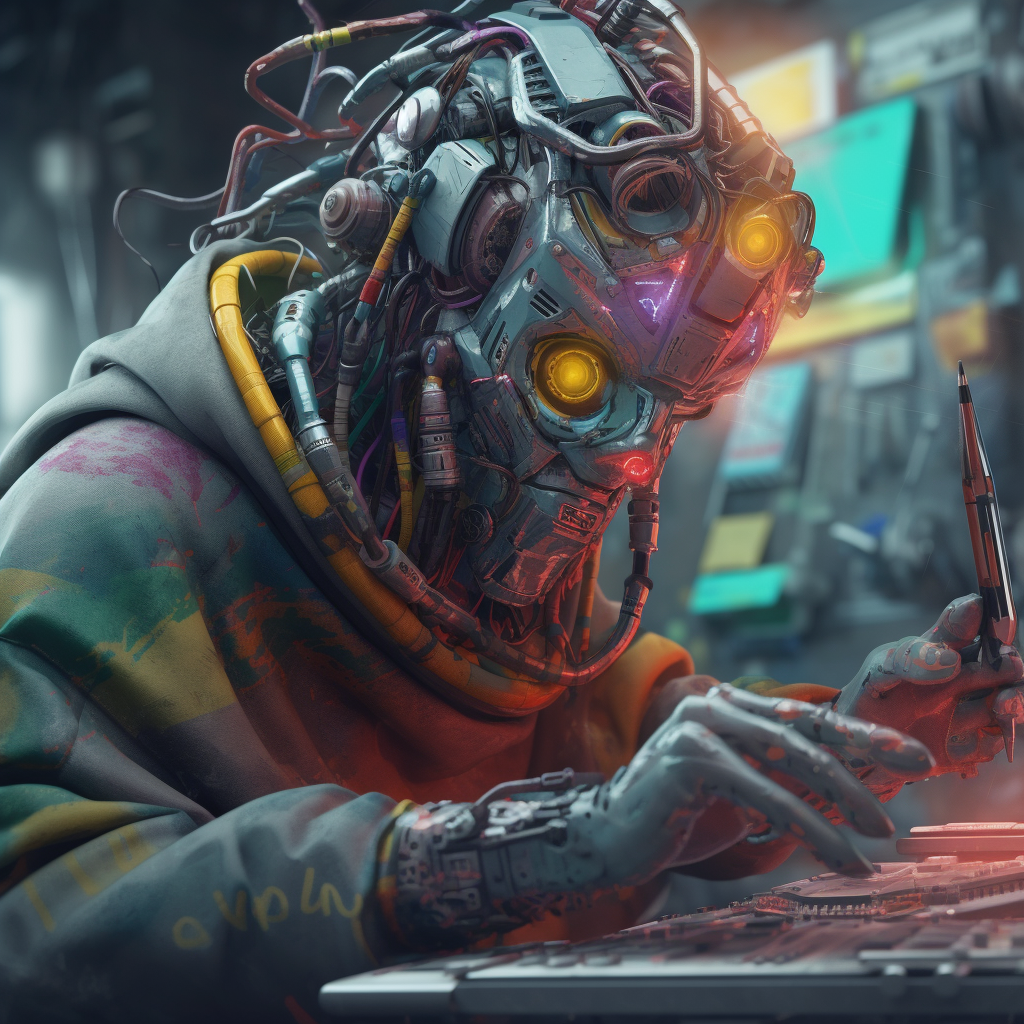July 12, 2023
Comedian Sarah Silverman Sues Meta and OpenAI Over Copyright Infringement
Book a Demo
In a surprising turn of events, renowned US comedian Sarah Silverman has filed a lawsuit against Meta and OpenAI, two prominent tech giants, for alleged copyright infringement. Silverman claims that her original content was illegally used by these companies’ AI systems, raising significant concerns about the boundaries of artificial intelligence and intellectual property rights.
Sarah Silverman, known for her wit and satirical humor, has taken legal action against Meta and OpenAI. She asserts that her comedy sketches and written works were improperly utilized by the AI systems developed by these companies, specifically referring to OpenAI’s ChatGPT and Meta’s Llama.
Silverman’s lawsuit centers around the claim that her copyrighted material was used without her permission, causing financial harm and dilution of her artistic integrity. She argues that AI-generated content should not be exempt from copyright law, as it undermines the creative efforts of individuals and fails to acknowledge their intellectual property rights.
This legal battle raises important questions about the evolving relationship between artificial intelligence and copyright law. While AI systems like ChatGPT and Llama can generate impressive content, the source of their inspiration and the potential infringement on existing works warrant closer examination. The outcome of this lawsuit could set a precedent for how AI-generated content is regulated and protected in the future.
The clash between technological advancements and artistic creativity is not a new phenomenon. Throughout history, various forms of media have challenged the boundaries of copyright law, from the advent of photography to the rise of digital sampling in music. AI’s emergence as a creative tool presents another unique challenge that requires a delicate balance between fostering innovation and protecting the rights of content creators.
As two leading companies in the AI industry, OpenAI and Meta are at the forefront of this legal battle. The lawsuit filed by Sarah Silverman holds significant implications for these tech giants and the broader AI community. It raises questions about their responsibility to ensure that their AI systems respect copyright laws and do not infringe upon the intellectual property of individuals.
Regardless of the outcome of this lawsuit, it highlights the pressing need for clear guidelines and regulations regarding AI-generated content. Striking a balance that protects the rights of creators while allowing for the advancement of AI technology is crucial. Society must engage in a thoughtful and inclusive conversation to establish a framework that safeguards both innovation and the creative rights of individuals.
Sarah Silverman’s lawsuit against Meta and OpenAI over copyright infringement by their AI systems underscores the complex intersection of artificial intelligence and intellectual property. The outcome of this legal battle could shape the future of AI-generated content and set a precedent for how copyright law is applied in the digital age. As technology continues to evolve, it is essential to find a harmonious balance between innovation, creativity, and the protection of artistic expression.



